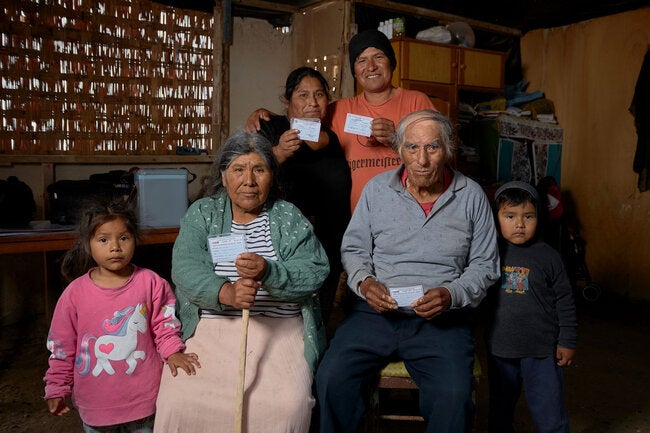
Currently, the majority of people in Spain, especially young people, choose the internet and social networks when obtaining information about health. A context, in which one’s own World Health Organization (WHO) published a work in which he warned of the problems caused by the infodemic (abundance of information) and misinformation, and how this can harm people’s mental health.
What do we understand by misinformation?
Today it is defined as false or inaccurate information with the deliberate intent to deceive and it is necessary to study, compare and summarize this evidence in order to identify ways to address the negative effects of false health information on public health.
The repercussions of misinformation on social networks as a result of their misuse include negative effects such as: an increase in the misinterpretation of scientific knowledge, polarization of opinions, increased fear and panic, or decreased access. . to medical care.
Continuous exposure to misinformation, fake news or hoaxes generates mental, social, political and/or economic anguish in people, especially the youngest, due to all the misleading and false content that comes to them related to health on social networks. . . Misinformation is already harmful on its own, but hoaxes about health are even more dangerous since they can promote:
- The acquisition of unhealthy lifestyle habits.
- Promote false therapies.
- Worse the prognosis of a disease.
- Beliefs in wrong treatments.
- Fear, uncertainty and false alarms.
- Reappearance of diseases already eradicated.
- Public health problems…
According to a survey in the Diario Médico, seven out of ten doctors have answered questions about health hoaxes in a year, the topics most consulted by patients are:
What do we understand by pseudotherapies?
They are those practices that are offered as medical acts without having scientifically demonstrated their effectiveness. Many of them are pseudoscientific and also known as «alternative, complementary or integrative therapies.»
Who are the most appropriate to end this trend?
According to experts, health professionals (doctors, nurses, pharmacists…) are among the best placed to refute misinformation and direct users to sources of evidence-based information.
Sources:






